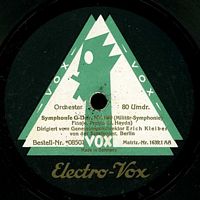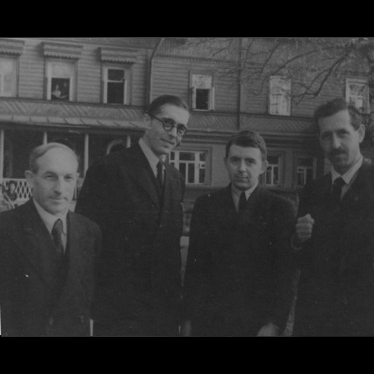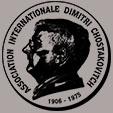Étiquette : Wilhelm Furtwängler
Beethoven Symphony n°9 Op125 Das Festspielorchester – Das Festspielchor Bayreuth
Elisabeth Schwarzkopf, Elisabeth Höngen,Hans Hopf, Otto Edelmann
Dir: Wilhelm Furtwängler
La firme suédoise BIS vient de mettre en vente sous forme de SACD Hybride (BIS-9060) et de téléchargement HD la captation par la Radio Suédoise de la retransmission en direct de ce concert par la Radiodiffusion Bavaroise (Bayerischer Rundfunk), qui de manière inattendue a été conservée dans ses Archives.
Les négociations entre Wilhelm Furtwängler et Wieland Wagner préalablement à ce concert, la composition de l’orchestre et des chœurs, l’organisation des répétitions, les circonstances techniques de la retransmission et de la captation par la Radio Suédoise, ainsi que le contenu de l’enregistrement publié par EMI sont discutées dans cet article: pour le lire, cliquer ICI
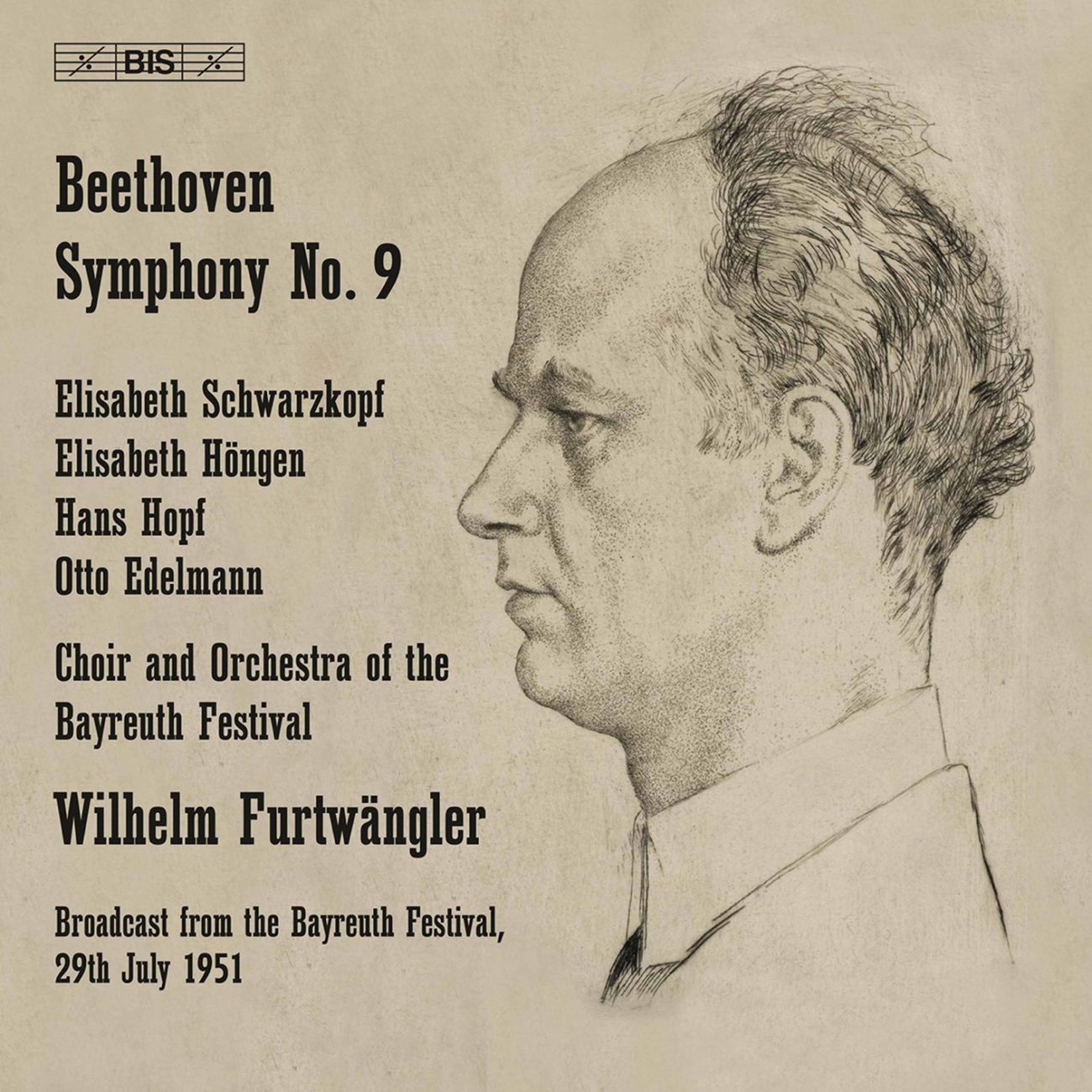
The Swedish record company BIS has recently issued both as a Hybrid SACD (BIS-9060) and as a Hi-Res download (24 bits/96 KHz) the recording made by the Swedish Radio of the Bavarian radio (Bayerischer Rundfunk) live broadcast of this concert, which has unexpetedly survived in its Archives.
The negociations between Wilhelm Furtwängler and Wieland Wagner prior to the concert, how the orchestra and the choir were organized, the rehearsal plan, the technical circumstances of the broadcast and of its recording by the Swedish radio, as well as the content of the recording as published by EMI are discussed in this article: to read it, click HERE
Brahms Lieder und Gesänge Op.32 n° 1-6 & 9 Hertha Klust piano
Berlin 25 mai 1955 – Prod: Fritz Ganss Eng: Horst Lindner
Mahler Lieder eines fahrenden Gesellen – Philharmonia Orchestra Wilhelm Furtwängler – London Kingsway Hall 24 & 25 juin 1952
Prod: Lawrence Collingwood Eng: Douglas Larter
Bande HMV 19cm/s 2 pistes HTB 409
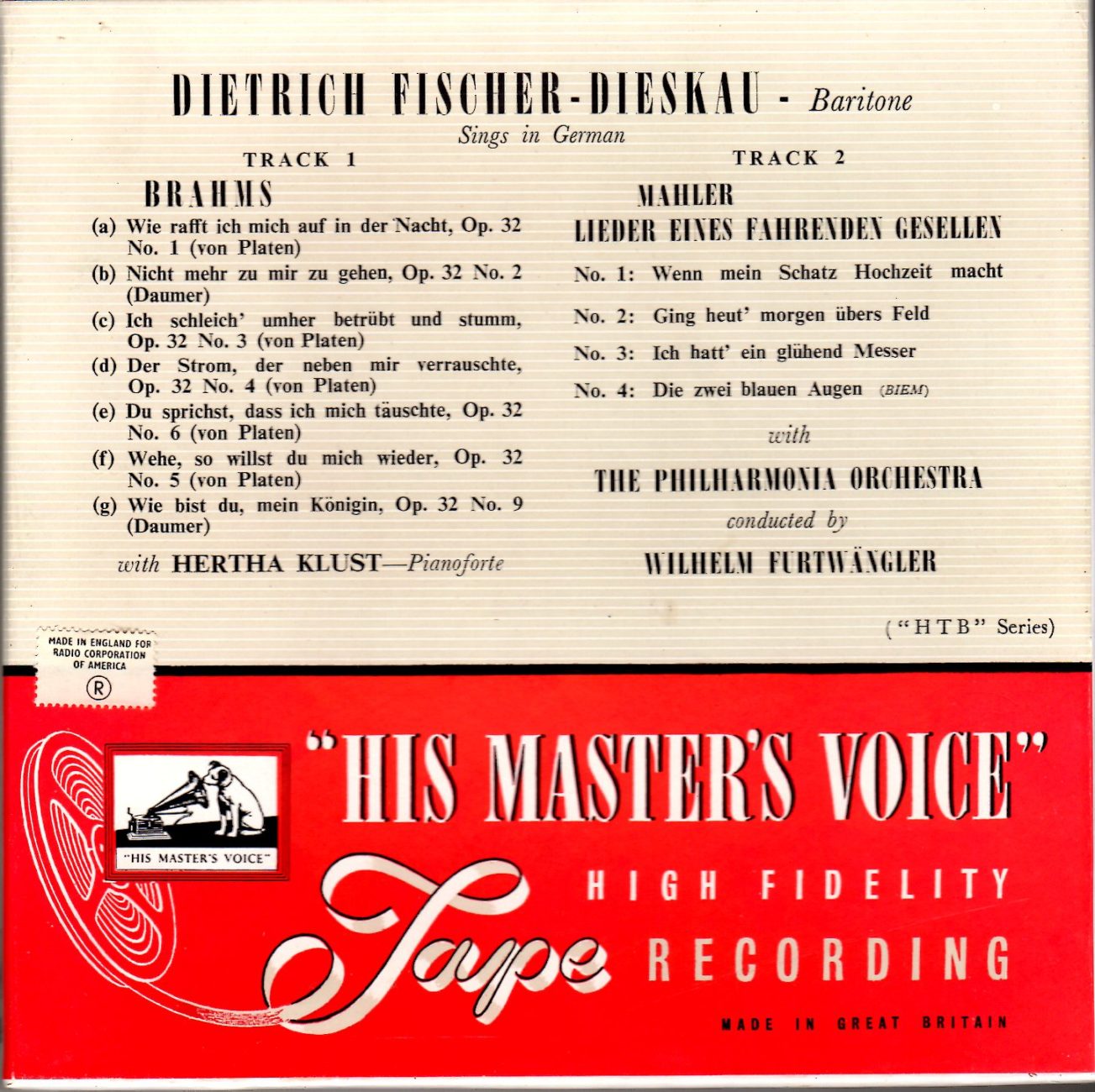
En 1956, HMV a publié ces enregistrements en microsillon (ALP 1270), mais aussi sous forme de bande magnétique HTB 409. Le couplage de ces deux œuvres est inhabituel, et ce d’autant plus que Fischer-Dieskau a enregistré en juin 1955 les Kindertotenlieder de Mahler avec le BPO sous la direction de Rudolf Kempe. Essayons d’en décrypter les raisons:
Les Lieder eines fahrenden Gesellen ont été enregistrés par Fischer-Dieskau et Furtwängler les 24 et 25 juin 1952 en profitant du temps d’enregistrement disponible après les séances consacrées à l’intégrale de Tristan und Isolde de Wagner.
Le 29 novembre 1953, Furtwängler écrit à Walter Legge en évoquant l’enregistrement du Monologue d’Amfortas en projet avec Fischer-Dieskau et le Philharmonia lors de sa venue à Londres en mars 1954: « J’imagine que les Lieder eines fahrenden Gesellen enregistrés avec Fischer-Dieskau n’ont toujours pas été publiés. Comme je fais dans les prochains jours les Kindertotenlieder avec Fischer-Dieskau à Berlin, ce serait semble-t-il une bonne idée de les enregistrer à la place du Monologue d’Amfortas si on dispose d’assez de temps ». Le 3 décembre, Legge confirme ce changement. De plus, entre les deux concerts de Furtwängler prévus avec le Philharmonia au Royal Festival Hall les 5 et 12 mars 1954, un étonnant Récital de Lieder de Schumann avait été programmé le 7 mars dans cette même salle avec Fischer-Dieskau et Schwarzkopf, Furtwängler étant au piano. Legge propose le programme suivant: Dichterliebe, Frauenliebe und Leben et 15 Duos.
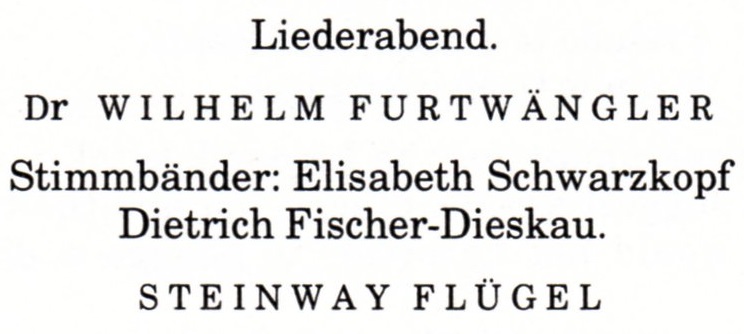
Le 12 janvier 1954, Furtwängler écrit à Legge depuis le sanatorium d’Ebersteinburg (Baden-Baden) où il doit séjourner pour se remettre des effets de ses traitements aux antibiotiques américains qu’il avait pris le mois précédent. Il a du annuler une tournée avec le BPO et une autre (au Portugal) avec le WPO, ainsi qu’une série d’autres concerts. Il annonce en outre qu’il ne pourra assurer à Londres que le concert du 12 mars. Il demande donc d’annuler le concert du 5 mars et le Récital du 7 mars. Le 18 janvier, Legge lui répond en exprimant ses regrets. Le 2 février, Furtwängler lui confirme qu’il ne dirigera que le concert du 12 mars et en confirme le programme. Le 7 février, Furtwängler écrit à Legge pour lui faire savoir que ses médecins l’autorisent finalement à reprendre ses activités le 1er mars et qu’il a programmé une série d’enregistrements avec le WPO (N.B. en fait du 28 février au 8 mars). Il n’est plus question d’enregistrer les Kindertotenlieder. Il n’en sera également pas fait état dans les échanges ultérieurs entre le chef et Legge.
Quant à Fischer-Dieskau, il recherchera activement, mais en vain, un enregistrement des Kindertotenlieder provenant des concerts berlinois de décembre 1953.
Dans ses mémoires, il laisse entendre qu’à l’époque il n’est pas satisfait de l’enregistrement qu’il en a fait avec Rudolf Kempe et le BPO en raison du manque d’entente entre l’orchestre et le chef. Ce sont probablement les raisons du choix du couplage Brahms/Mahler, grâce auquel la subtilité du piano d’Hertha Klust (1907-1970), que d’ailleurs Furtwängler appréciait beaucoup, mais dont la carrière fut semble-t-il abrégée par des problèmes auditifs, répondait à celle de la direction de Furtwängler.
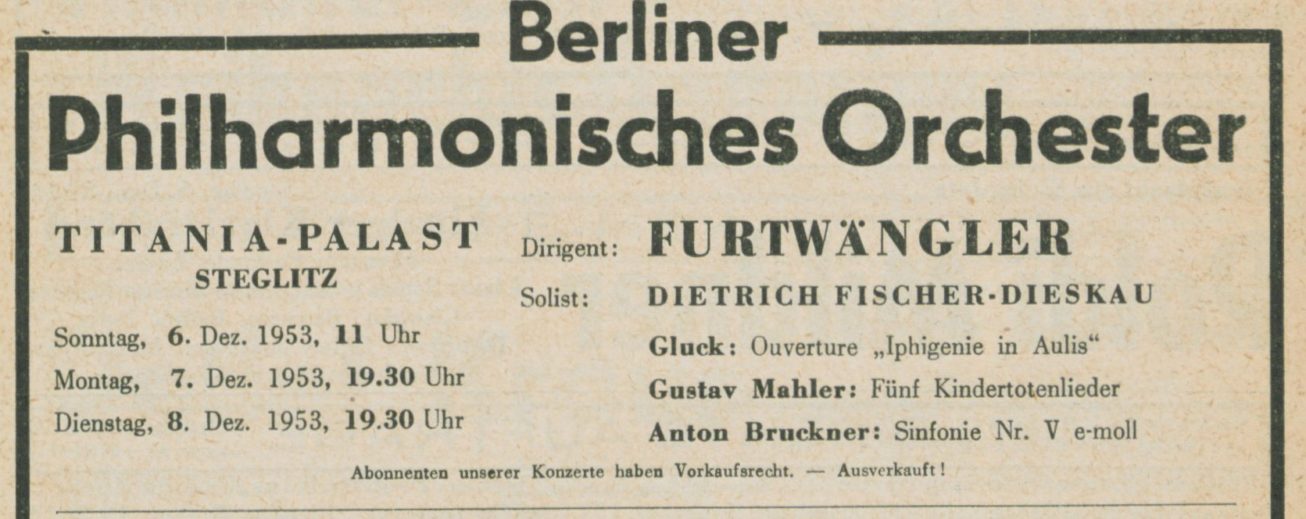
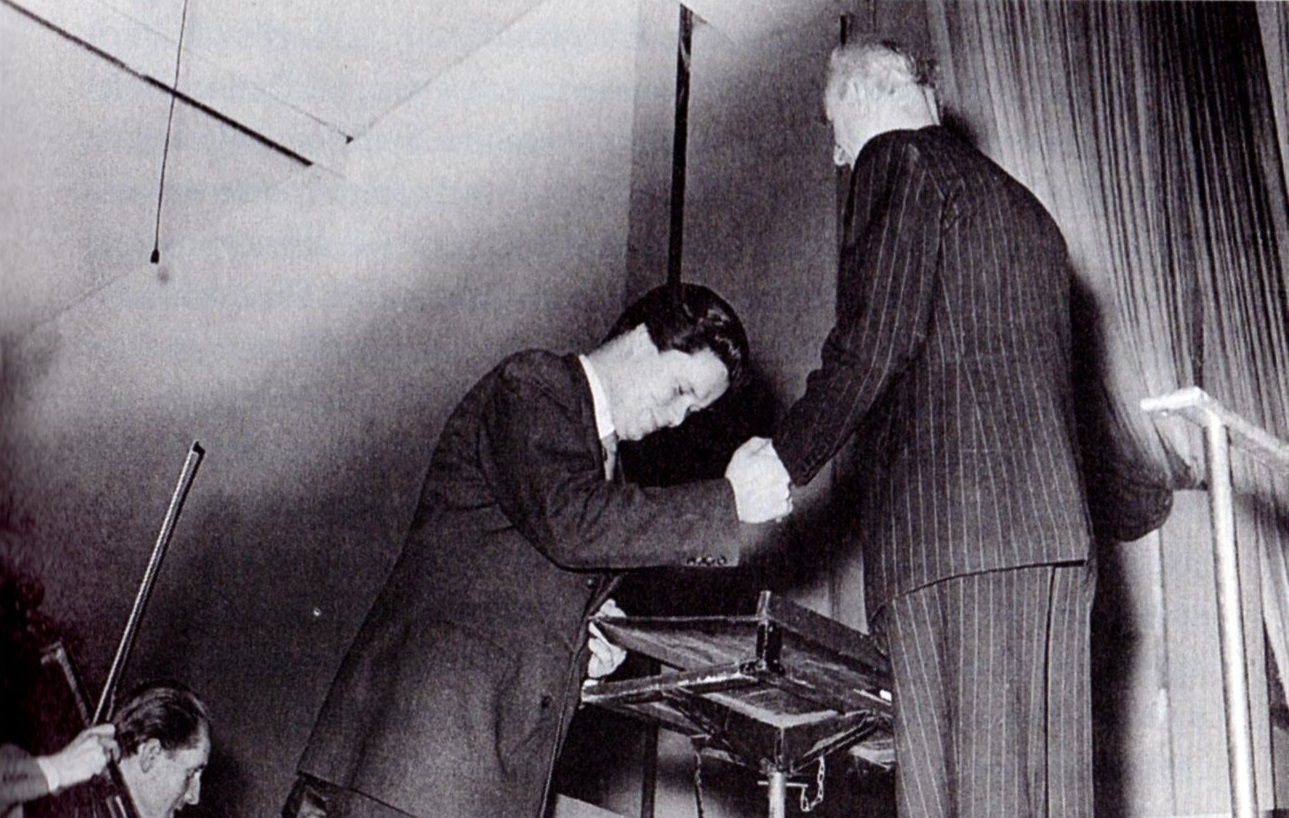
Dietrich Fischer-Dieskau & Wilhelm Furtwängler – Titania Palast Décembre 1953
______________
In 1956, HMV published these recordings as a LP (ALP 1270), but also on a reel-to-reel magnetic tape HTB 409. The coupling of these two works is unusual, al the more so, since Fischer-Dieskau recorded in June 1955 Mahler’s Kindertotenlieder with the BPO conducted by Rudolf Kempe. Let’s attempt an explanation:
The Lieder eines fahrenden Gesellen were recorded by Fischer-Dieskau and Furtwängler on June 24 and 25, 1952 during available recording time further to the sessions devoted to the complete recording of Wagner’s Tristan und Isolde.
On November 29, 1953, Furtwängler writes to Walter Legge and mentions the project recording of the Amfortasmonolog with Fischer-Dieskau and the Philharmonia during his stay in London in March 1954: « I gather that the Lieder eines fahrenden Gesellen with Fischer-Dieskau, which we recorded, have still not been released. As I am doing the Kindertotenlieder with Fischer-Dieskau in Berlin in the next few days, it would seem to be a good idea to record this as well – instead of the Amfortasmonolog – if there is time ». On December 3, Legge confirms the change. Moreover, between both Furtwängler’s concerts arranged with the Philharmonia at the Royal Festival Hall on March 5 and 12, 1954, an astonishing Recital of Lieder by Schumann had been scheduled on March 7 in the same venue with Fischer-Dieskau and Schwarzkopf, Furtwängler being the pianist. Legge suggests the following program: Dichterliebe, Frauenliebe und Leben and 15 Duets.

On January 12, 1954, Furtwängler writes to Legge from the Ebersteinburg sanatorium (Baden-Baden) were he has to stay to undergo a course of treatment which became necessary as a consequence of American antibiotics which were given to him the previous month. He had to cancel a tour with the BPO and another one (in Portugal) with the WPO, as well as a series of other concerts. He also mentions he will be able to conduct only the second London concert on March 12. As a consequence, he requests the cancellation of the March 5 concert as well as of the Recital of March 7. On January 18, Legge answers and expresses his regrets. On February 2, Furtwängler confirms he will conduct only the March 12 concert and also confirms the program. On February 7, Furtwängler writes to Legge to inform him that his doctors can discharge him as early as March 1st and that he has arranged with the WPO to do some recordings during that period (N.B. in fact between February 28 and March 8). It is no longer contemplated to record the Kindertotenlieder. Nor will this recording be further discussed in the next letters between the conductor and Legge.
As to Fischer-Dieskau, his active searches to find a recording of the Kindertotenlieder from the December 1953 Berlin concerts remained fruitless.
In his memoirs, the singer suggests that he was then not satisfied with the recording of this work he made with Rudolf Kempe and the BPO, because of the lack of understanding between the orchestra and the conductor. These are probably the reasons for the choice of the Brahms/Mahler coupling, thanks to which the subtility of the piano of Hertha Klust (1907-1970), whom by the way Furtwängler liked very much, but whose career was most probably shortened by hearing problems, mirrored that of Furtwängler’s conducting.
Les liens de téléchargement sont dans le premier commentaire. The download links are in the first comment.
Warner vient d’annoncer la publication le 24 septembre prochain d’un coffret de 55 CD consacré à la totalité des enregistrements réalisés par Wilhelm Furtwängler, non seulement pour le groupe EMI, mais également sous les labels Polydor, Telefunken, Decca et DGG.
La composition des 55 disques de cette compilation est donnée ici:
https://hdarchivesconcerts.fr/coffret-warner-55-cd-the-complete-wilhelm-furtwangler-on-record/
Une première analyse sur la base des renseignements publiés par Warner est publiée ici:
Au sujet du Coffret « The Complete Wilhelm Furtwängler on Record »
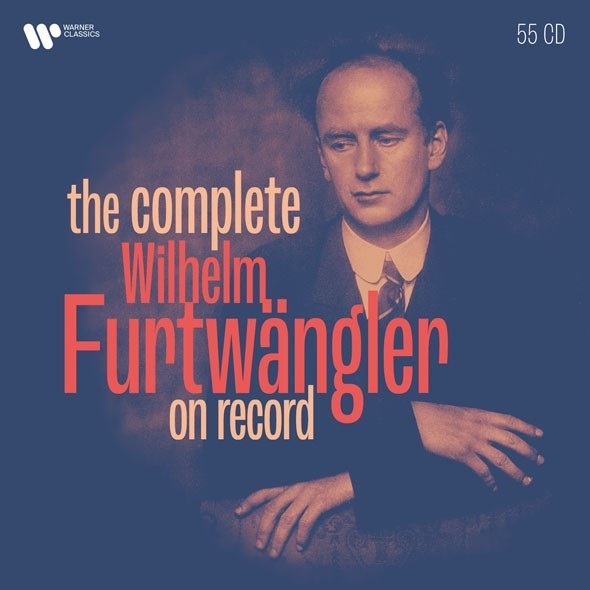
Warner has just announced the publication on September 24 of a 55 CD Album dedicated to all the recordings made by Wilhelm Furtwängler not only for the EMI group, but also for the other labels Polydor, Telefunken, Decca and DGG.
The track listing of the 55 CDs is presented here:
https://hdarchivesconcerts.fr/coffret-warner-55-cd-the-complete-wilhelm-furtwangler-on-record/
A primary analysis based on the documentation published by Warner is here:
Comments on « The Complete Wilhelm Furtwängler on Record »
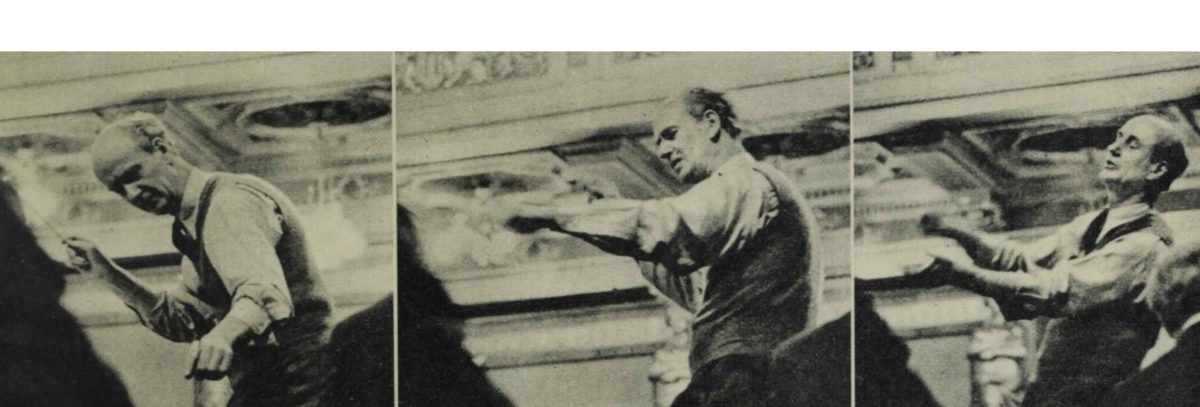
Cet article du Magazine Musical de Concerts & Archives HD a pour objet le choix très contesté de Furtwängler de ne pas diriger la Version Originale de cette symphonie éditée en 1936 par Haas et de s’en tenir à la première édition imprimée en 1889. Il explicite les raisons du choix de Furtwängler ainsi que leur évolution au cours du temps:
https://hdarchivesconcerts.fr/furtwangler-bruckner-symphonie-n4-welche-fassung-quelle-version/
_________________
This article of the Musical Magazine of Concerts & Archives HD deals with Furtwängler’s disputed choice not to conduct the Original Version of this Symphony published in 1936 by Haas and to go on conducting the first printed Version of 1889. It explains the reasons of Furtwängler’s choice and their evolution in the course of time:
https://hdarchivesconcerts.fr/furtwangler-bruckner-symphonie-n4-welche-fassung-quelle-version/
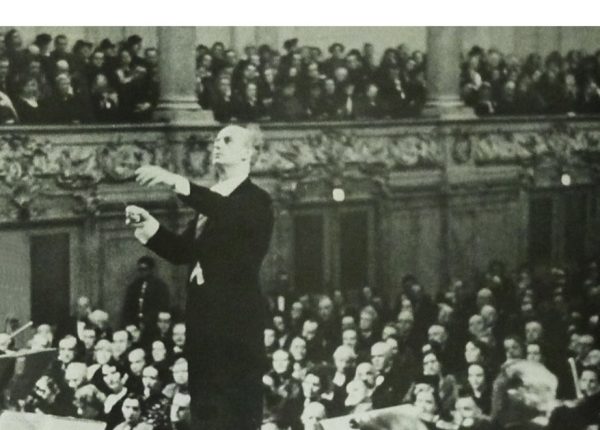
Suite à la mise en ligne sur ce site de l’enregistrement de la « Cinquième » de Beethoven par Wilhelm Furtwängler et les Wiener Philharmoniker (WPO), au cours d’un concert au Odd Fellow Palaeet de Copenhague le 1er octobre 1950, et de l’intérêt suscité par cette publication avec une très belle et inattendue qualité sonore, nous avons le plaisir de vous informer de la découverte, à Copenhague, chez un collectionneur privé, d’une copie de la bande « master » de l’enregistrement de l’ « Inachevée » de Schubert effectué pour la Radio Danoise. La qualité sonore est du même niveau que pour l’œuvre de Beethoven provenant du même concert: son très défini, très beaux timbres, dynamique élevée.
Pour cette symphonie de Schubert, cet inédit est le seul enregistrement public complet de Furtwängler avec le WPO. En effet, l’enregistrement de Stockholm (12 mai 1943) ne comporte que le premier mouvement.
Furtwängler était dans un jour de très grande inspiration. Si les minutages sont les mêmes que dans l’enregistrement EMI de janvier 1950, l’interprétation est d’un niveau encore plus élevé, notamment dans le deuxième mouvement qui a la même magie que celle rencontrée dans les deux mouvements centraux de la « Cinquième » donnée en 2ème partie.
Par contre, bien que disposant d’une copie HD de cet enregistrement, il ne nous est pas possible de vous le proposer sur ce site sans l’autorisation du propriétaire de cette bande.
Si une publication doit avoir lieu, il faudrait qu’elle couple les deux symphonies car leurs interprétations sont comme le miroir l’une de l’autre.
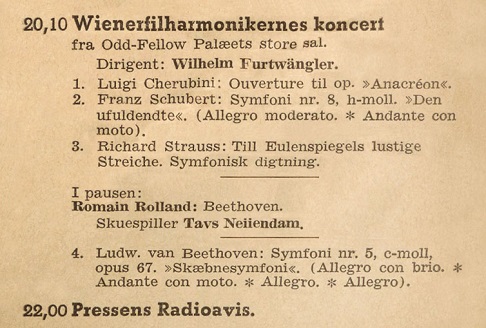
Furtwängler – A newly discovered tape of Schubert’s « Unfinished » Symphony
WPO Copenhagen – October, 1st 1950
Further to the publication on this site of the recording of the Beethoven « Fifth » by Wilhelm Furtwängler and the Wiener Philharmoniker made at a concert at the Copenhagen Odd Fellow Palaeet, on October, 1st 1950, and to the interest arisen by this publication with an unexpectedly great sound, we are pleased to inform you of the discovery, in Copenhagen, from a private source, of a copy of the master tape of the recording of Schubert « Unfinished » symphony made for the Danish Radio. The sound quality is of the same level as that of the Beethoven Fifth from the same concert: very good definition, beautiful timbres, high dynamics.
For this Schubert symphony, this previously unknown recording is the only one of a complete live performance of Furtwängler with the WPO. Indeed, the Stockholm concert recording (May 12, 1943) is comprised of only the first movement.
Furtwängler was in a day of very great great inspiration. If the timings are the same as in the EMI recording of January 1950, the performance is on an even higher level, especially in the 2nd movement which has the same magic as encountered in the two central movements of Beethoven’s « Fifth » played after the intermission.
However, although having a Hi-Res copy of this recording, it is not possible for us to propose it on this site without the consent of the tape owner.
If a publication ever occurs, it should couple both recordings, since the performances of both symphonies mirror one another.
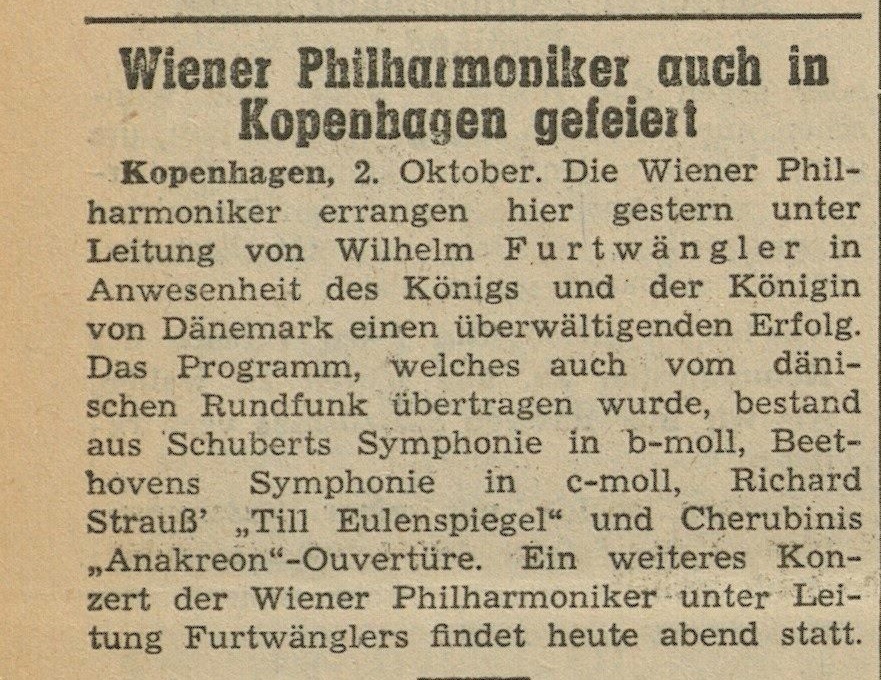 Weltpresse (Wien) – 2. Oktober 1950
Weltpresse (Wien) – 2. Oktober 1950

